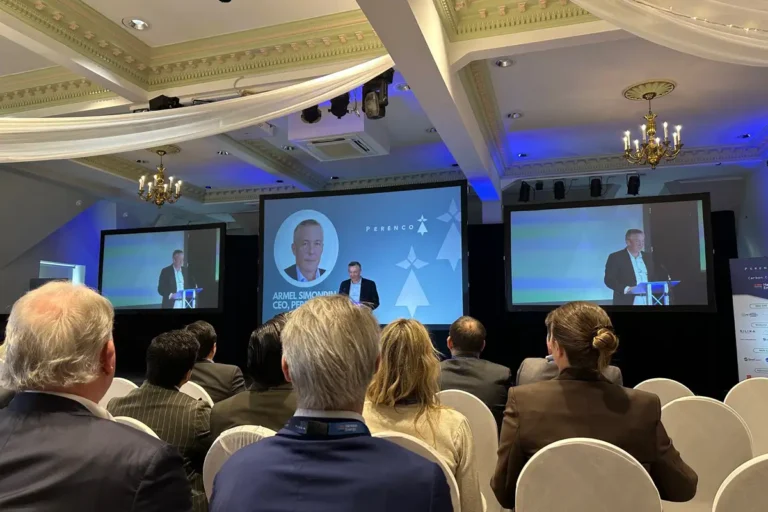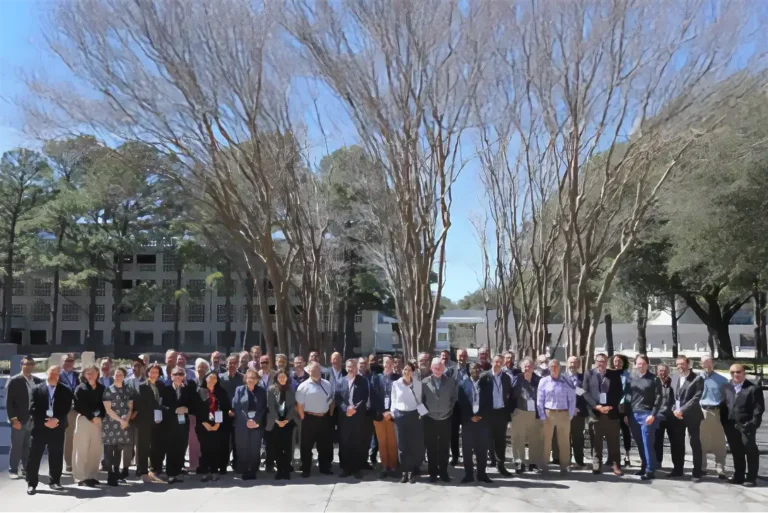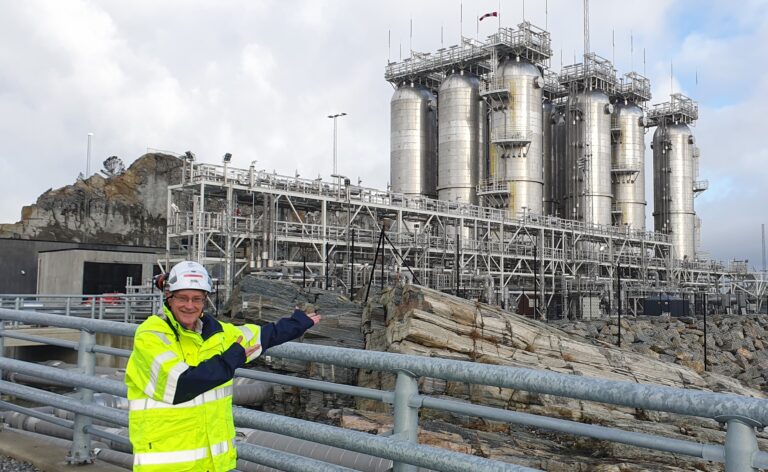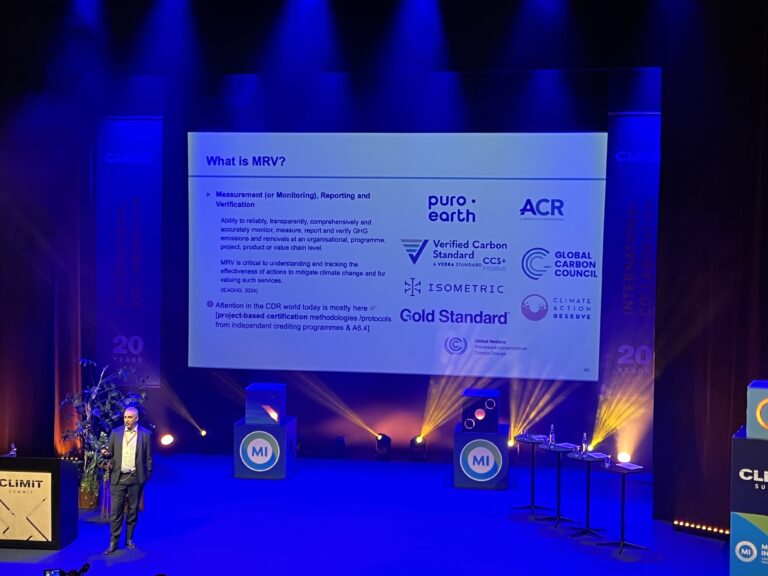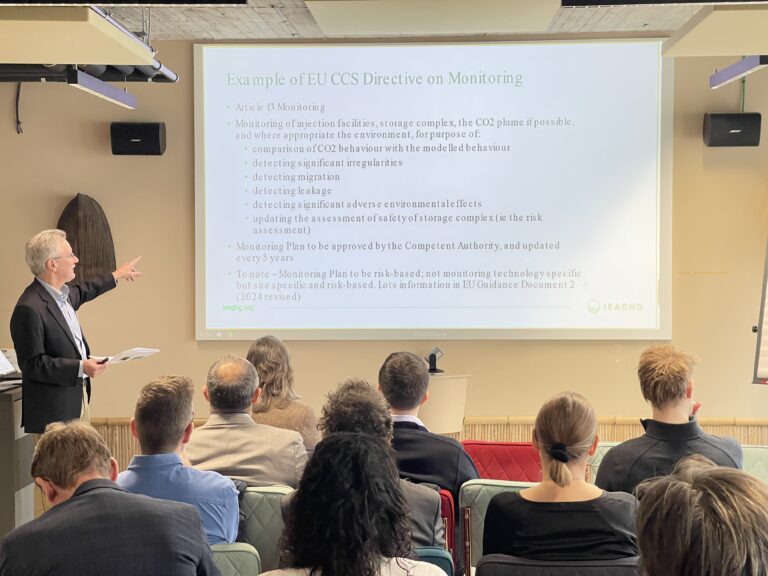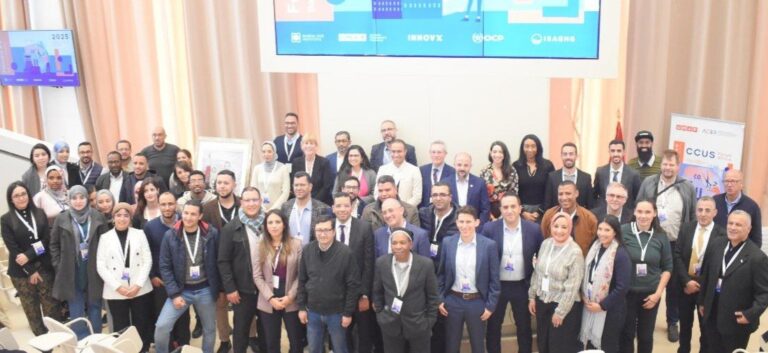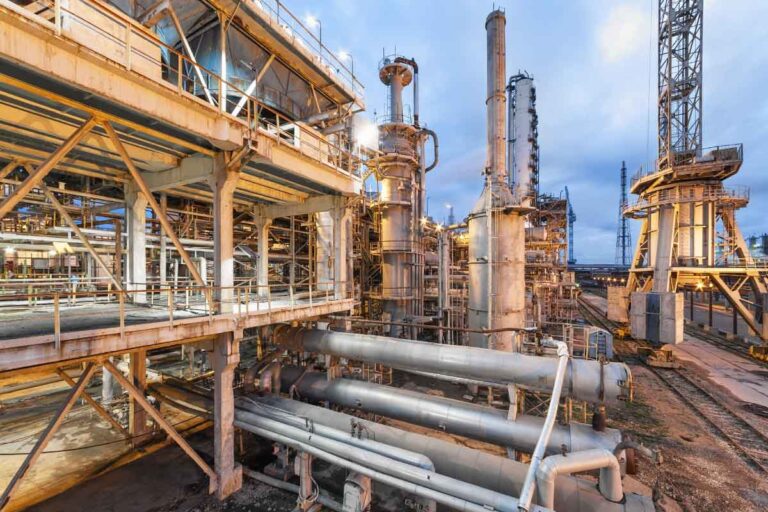
The IETS Energy Future In Industry Conference, Gothenburg
23 May 2023
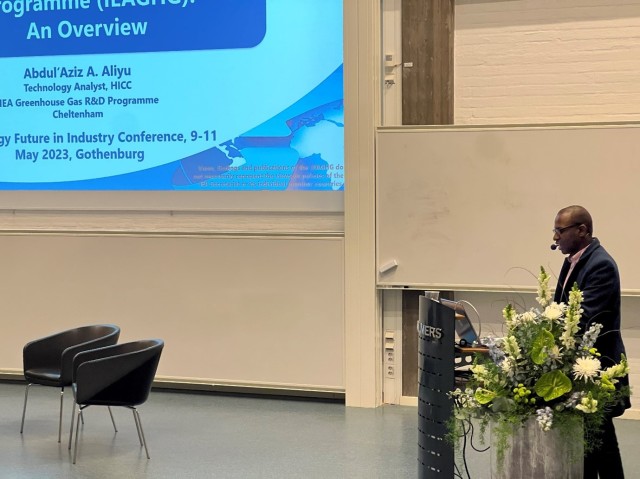
The Industrial Energy-related Technologies and Systems (IETS) organised the Energy Future in Industry Conference on the 09 – 11 May 2023 at Gothenburg, Sweden. The meetings brought together experts from industry, academia, and policy sectors to discuss measures, opportunities, and obstacles for achieving energy-efficiency via industrial symbiosis and zero to negative emissions in future industries. Accordingly, discussions included digitalization and AI in industry, industrial electrification, carbon circularity, process integration in industrial systems and industrial CCUS technologies and systems. Further, the French Environment and Energy Management Agency (ADEME) organised a side event at the end of the Conference entitled ‘decarbonisation scenarios for heavy industry sectors’ that include petrochemical, ammonia, steel and cement industries.
Abdul’Aziz A. Aliyu (IEAGHG), presided over Session 5, titled Industrial CCUS Technologies and Systems and chaired a panel discussion on same topic on the second day. This split session discussed the complexities involved in applying CCUS technologies in industry and the need for new knowledge e.g., process integration, the impacts of introducing CCUS on economic and GHG mitigation performance as well as interplay and competition with other major alternative for GHG mitigation.
Title of presentations and speakers in Session 5
- CCUS – Nordic system perspective. Filip Johnsson, Professor, Department of Space, Earth, and Environment (SEE), Chalmers University of Technology, Sweden.
- CO₂ capture in energy-intensive industry – integration and adaptation. Adrian Reyes -Lua, Research Scientist. SINTEF Energy Research, Norway.
- Opportunities and challenges of BECCS in industry. Piera Patrizio, Head of Research. Science Based Target Initiative (SBTI).
- Decarbonization of cement industry – CLEANKER project results. Murizio Spinelli, Researcher. LEAP s.c.a.r.l., Italy.
IEAGHG Presents & Key Takeaways
On the conferences last day, Abdul’Aziz (IEAGHG) presented a summary of Session 5, Industrial CCUS Technologies and Systems. The Conference Proceedings will be published and are expected to include a portfolio of work that is needed to be done now to align current endeavours with long term industrial decarbonisation actions. The following is my summary of principal takeaways from the meetings.
- Future net-zero industrial system may be fundamentally different from today’s systems. Factors that may influence these changes include resource availability, electricity prices, timing, and technology development.
- Policies will have big impact but mostly cannot be directly modelled. Multitudes of variation makes it difficult for policymakers to understand and get an overview of the transition
- All strategies have limitations. Uncertainties about the long-term future are still too high to avoid differentiation. It is important to focus on plausible robust mid-term pathways that allow for long-term resilience to different futures
- Decarbonisation of global industrial assets by 2050 is technologically feasible using a combination of high TRL technologies and emerging technologies.
- Global innovation & commercialization programs, including private & public green procurement & lead market contracting, will be needed to make sure technologies are ready to replace older facilities from the late 2020s onward.
- Risks may have to be taken to embark on industrial FOAK projects. Robust policies to enable FOAKs is thus fundamental.
 Abdul’Aziz Aliyu (IEAGHG) giving a summary on Technical Session 5, Industrial CCUS Technologies and Systems on the final day of the Conference.
Abdul’Aziz Aliyu (IEAGHG) giving a summary on Technical Session 5, Industrial CCUS Technologies and Systems on the final day of the Conference.
Other articles you might be interested in
Get the latest CCS news and insights
Get essential news and updates from the CCS sector and the IEAGHG by email.
Can’t find what you are looking for?
Whatever you would like to know, our dedicated team of experts is here to help you. Just drop us an email and we will get back to you as soon as we can.
Contact Us NowOther articles you might be interested in
Get the latest CCS news and insights
Get essential news and updates from the CCS sector and the IEAGHG by email.
Can't find what you are looking for?
Whatever you would like to know, our dedicated team of experts is here to help you. Just drop us an email and we will get back to you as soon as we can.
Contact Us Now


